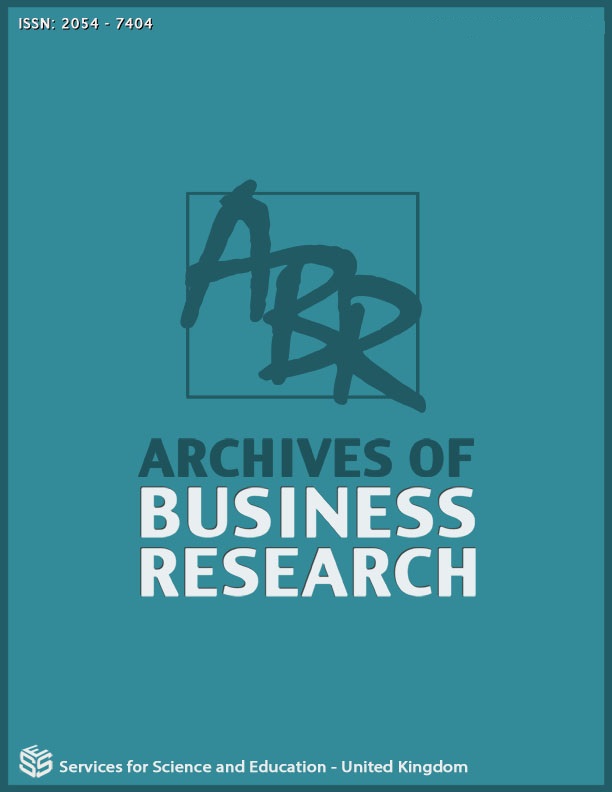Survey on the State of Digital Human Rights Management and Internet Use in Uganda
DOI:
https://doi.org/10.14738/abr.106.11402Keywords:
Digital rights, online violation, ICT usageAbstract
There is tremendous increase in the use of Internet across the world including Uganda. Freedom of internet use including documentation of rights violation has been done in Uganda, defending the rights of victims has been low because the existing legal framework and new policies limiting internet access, free speech have further suffocated them. The paper presents results from a study conducted using mixed methods approach on the digital human rights in Uganda. Data collection (qualitative and quantitative) techniques applied and followed by a rigorous systematic scientific inquiry along the processes of; facts determination, analysis and reporting. The aim of the study was to explore the uncertainties in the policies that limit the use of internet and digital human rights enjoyment.
Of the 525 target respondents, 547 participated in the study with; 451 citizens, 17 media, 41 state actors, 17 special interest groups, 9 women rights activists and 12 others. Furthermore, the results showed that the factors hindering the enjoyment of digital rights and internet freedoms include government failure to monitor set policies, failure to sensitize people on digital rights, limited knowledge on existence of digital rights, high charges on using social media and gender inequality.
References
CIPESA, "Promoting effective and inclusive ICT policy in Africa; Despots and disruptions: Five dimensions of internet shutdowns in Africa," Kampala, 2019.
G. O. M. A. N. a. T. Alison, "The state of ICT in Uganda," International Development Research Centre, 2019.
M. Kanaabi, "Jumia Mobile report," Internet and technology, 30 March 2020.
S. Kemp, "Digital 2020," 2020. [Online]. Available: https://datareportal.com/reports/digital-2020-uganda.
K. D. Albert, "TechJaja," 22 May 2019. [Online]. Available: https://techjaja.com/ugandans-use-facebook-more-than-twitter/. [Accessed 6 December 2021].
S. Tomlinson, "3 reasons why ICT matters for gender equality," 17 07 2017. [Online]. Available: https://iccwbo.org/media-wall/news-speeches/3-reasons-ict-matters-gender-equality/. [Accessed 06 12 2021].
"statcounter Global stats," 2020. [Online]. Available: https://gs.statcounter.com/social-media-stats/all/uganda.
A. W. &. D. G. Selemani, "Why do postgraduate students commit plagiarism? An empirical study.," International Journal for Educational Intergrity, 2018.
CIPESA, " Building Capacity and collaborations for digital rights research in Africa," 2019.
U. Nations, "UN Special Rapporteur on freedom of expression".
Downloads
Published
How to Cite
Issue
Section
License
Copyright (c) 2022 Martha Kibukamusoke

This work is licensed under a Creative Commons Attribution 4.0 International License.






